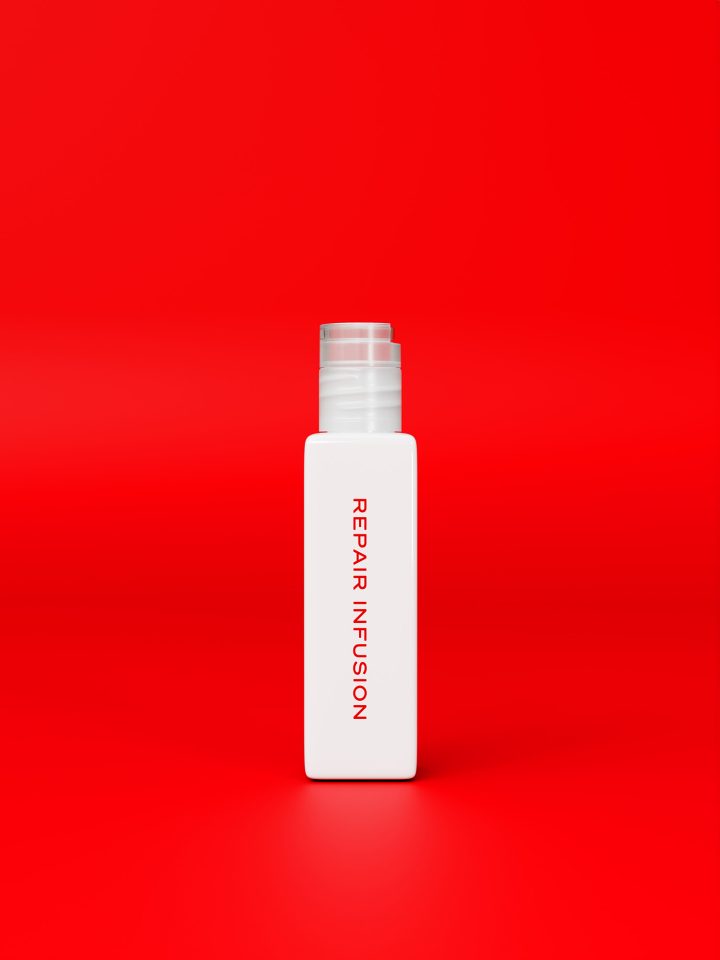Have you ever felt an intense itch on your scalp? It can be annoying and uncomfortable, but you're not alone. Many people suffer from scalp eczema, and it can be tricky to deal with. But don't worry, we're here to provide you with all the information you need to understand and manage this common problem.
What is scalp eczema?
Scalp eczema, or seborrheic eczema, is a common skin disease affecting the scalp. It can cause redness, scaling and intense itching. Eczema can occur in periods of exacerbations and improvements, and symptoms can vary from person to person.
Scalp eczema can occur for a variety of reasons, including genetic factors, stress, sensitivity to certain foods or products, or excessive sebum production. It is important to understand that scalp eczema is a common skin disease and is not contagious.
Why does it itch so much?
The itchiness of scalp eczema is due to inflammation of the skin. It can also be due to an overproduction of sebum, which creates an ideal environment for fungi that thrive on fat. This fungus can irritate the skin and cause itching and flaking.
Itching can be intense and disrupt your daily life. Many times, itching can lead to skin irritation and inflammation, which can make symptoms worse.
How can you relieve scalp eczema?
Managing scalp eczema can be a challenge, but there are things you can do to alleviate the symptoms:
- Use a mild shampoo: Choose a shampoo specially designed for sensitive scalps, like our Caring Shampoo. It contains soothing ingredients like hyaluronic acid and piroctone olamine to help calm irritation and itching.
- Avoid hot showers: Hot showers can dry out the scalp and worsen eczema symptoms. Try to use lukewarm water instead to avoid drying out your skin.
- Use a scalp treatment: Our Scalp Food is specially designed to soothe and nourish the scalp. It contains nourishing ingredients such as aloe vera and yacon fruit to provide instant relief.
- Keep your hair clean: Wash your hair regularly to remove excess sebum and impurities that can contribute to itching and irritation.
- Avoid scratching: It can be tempting to scratch your scalp when it itches, but this can make the problem worse. Try to avoid scratching and use a soothing treatment instead.
FAQ
Q: How do I know if I have scalp eczema?
A: Scalp eczema is usually characterized by redness, scaling and intense itching of the scalp.
Q: Can I use regular shampoo with scalp eczema?
A: It is best to use a shampoo specially formulated for sensitive scalp to avoid aggravating the symptoms.
Q: Can scalp eczema be due to allergies?
A: Sometimes allergies to certain ingredients in hair care products or environmental factors can contribute to scalp eczema.
Q: How long does scalp eczema last?
A: Scalp eczema can be chronic, but symptoms can improve and worsen over time.
Q: Can stress affect scalp eczema?
A: Yes, stress can be a trigger for scalp eczema and can make symptoms worse.
By following these tips and advice, you can relieve the itching and irritation associated with scalp eczema and achieve a healthier scalp. Remember to consult a dermatologist if your symptoms are severe or persistent.
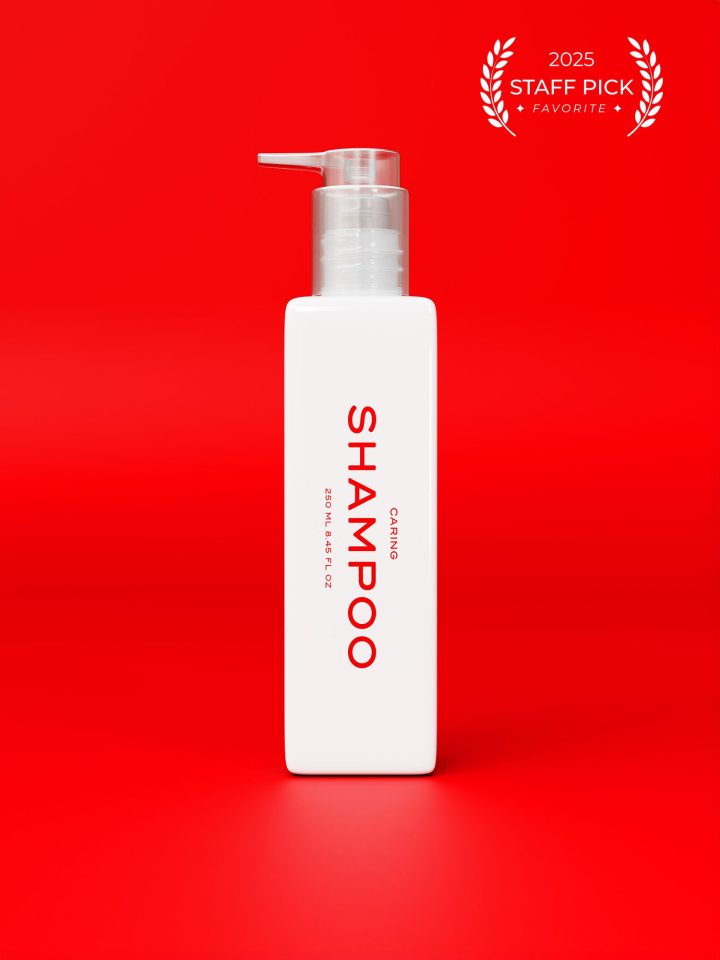
Caring Shampoo Gentle sulfate-free moisturizing shampoo 260,00 SEK - available on subscription from every 7 weeks
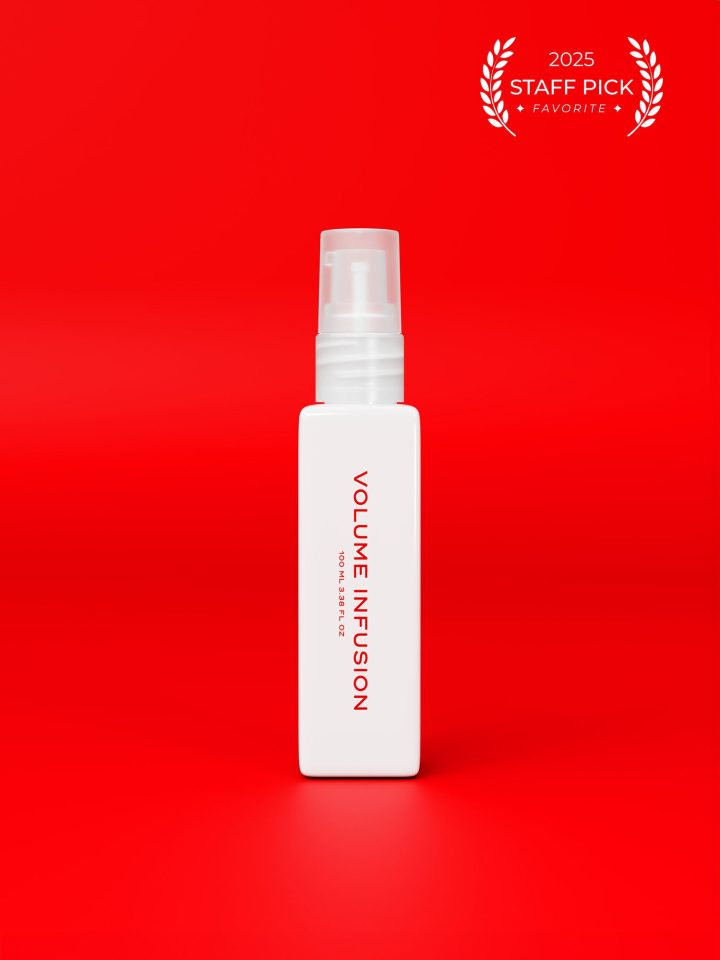
Volume Infusion - Booster Volume straight from the shower without styling 295,00 SEK - available on subscription from every 7 weeks
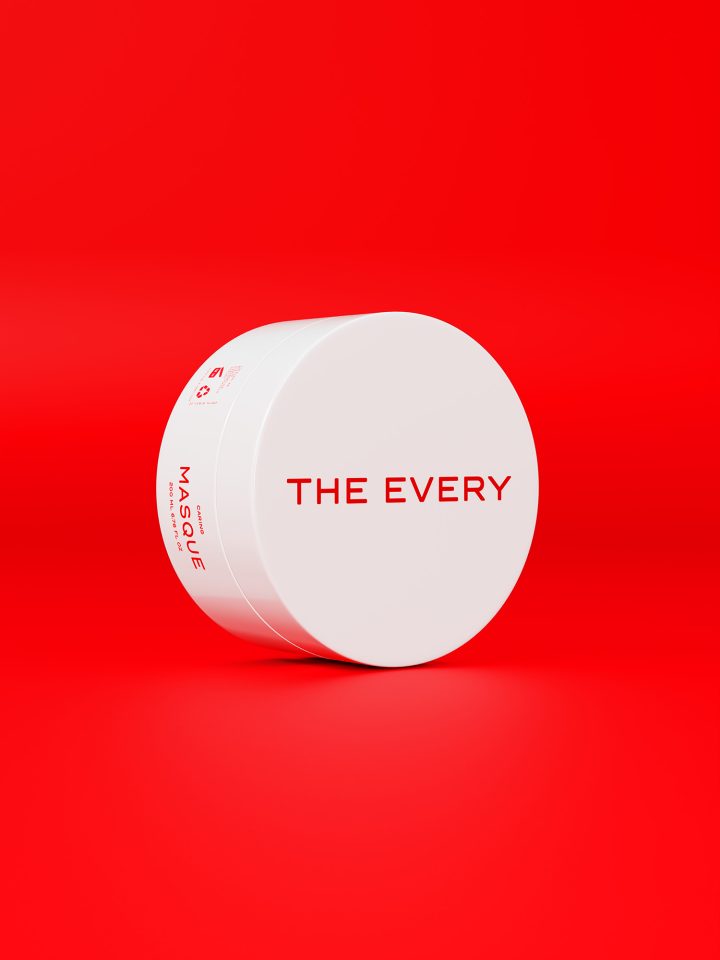
Caring Masque Intensively nourishing hair mask with shea butter 345,00 SEK - available on subscription from every 10 weeks
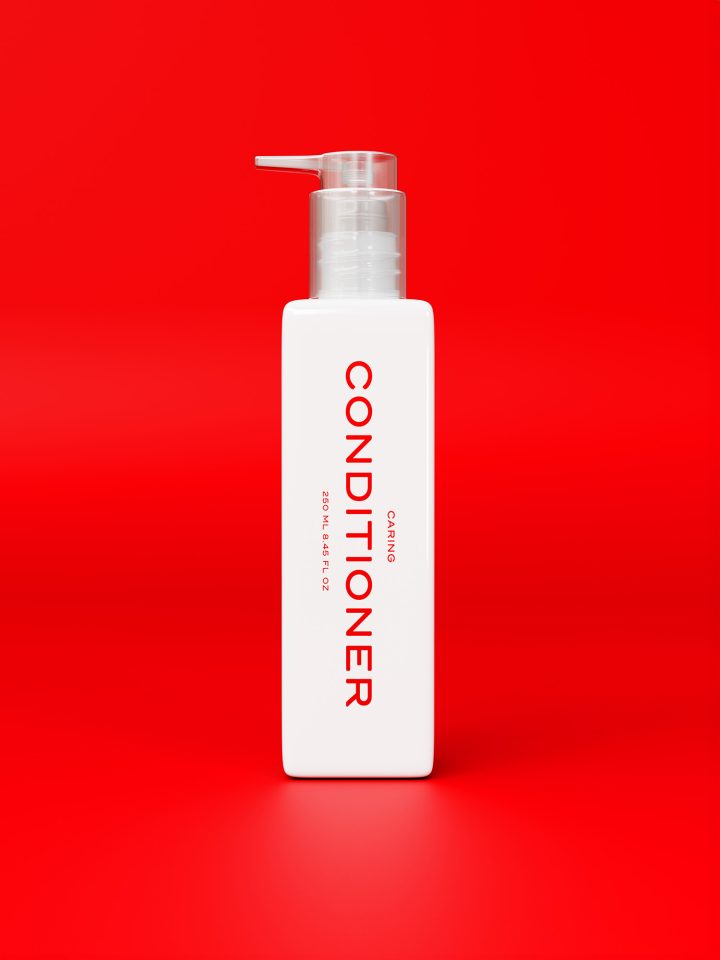
Caring Conditioner Gentle sulfate-free moisturizing conditioner 260,00 SEK - available on subscription from every 7 weeks
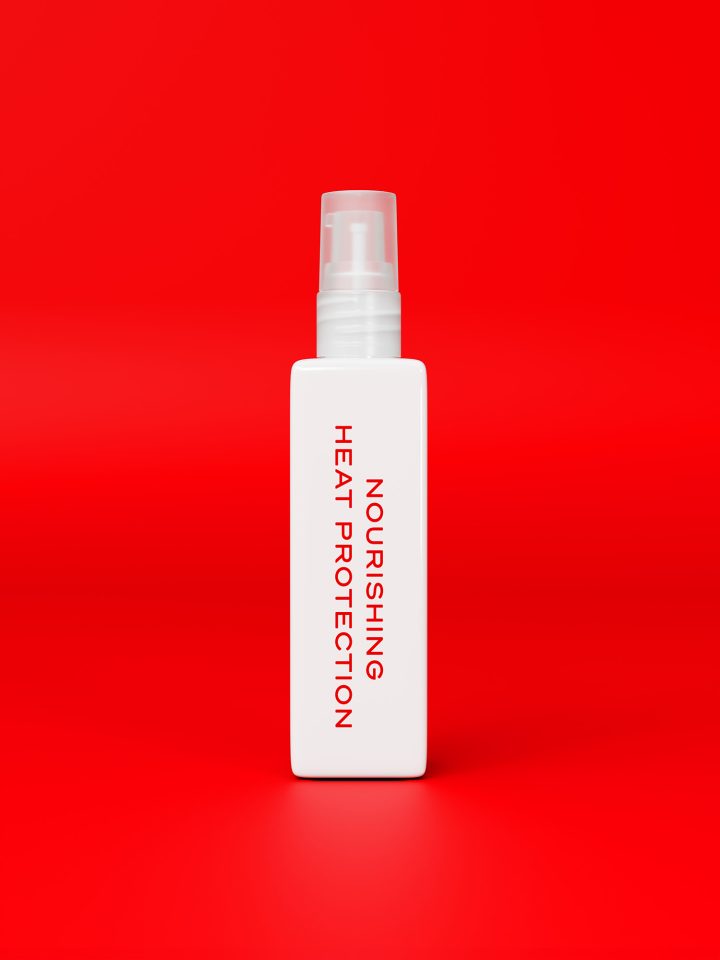
Nourishing Heat Protection Ultra-protective, nourishing leave-in cream 270,00 SEK - available on subscription from every 7 weeks
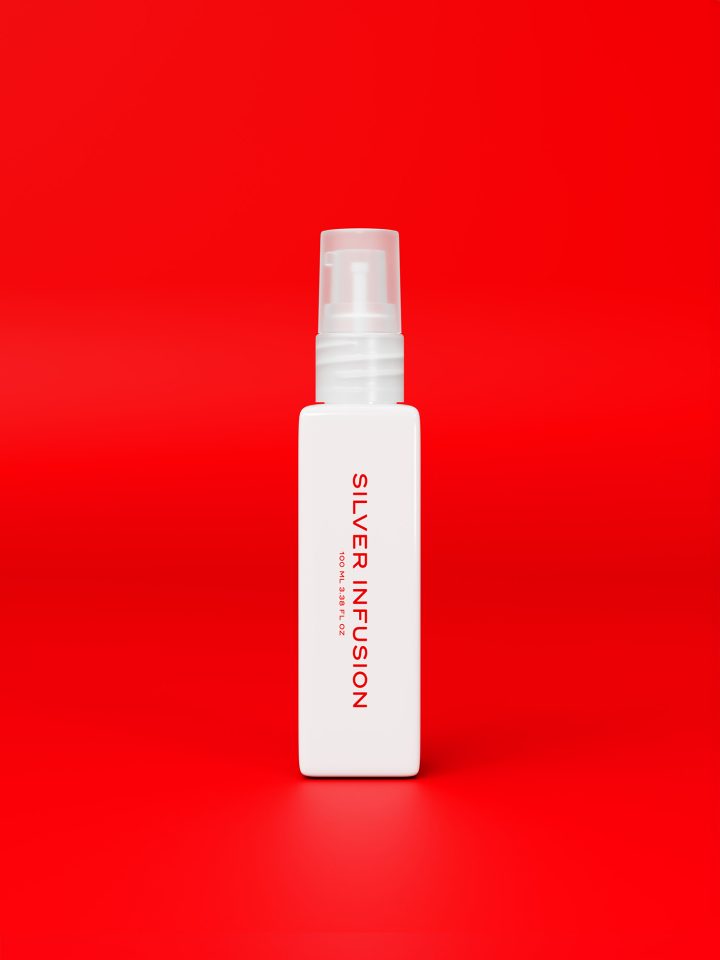
Silver Infusion - Booster Color correcting booster for cool tones 295,00 SEK - available on subscription from every 7 weeks
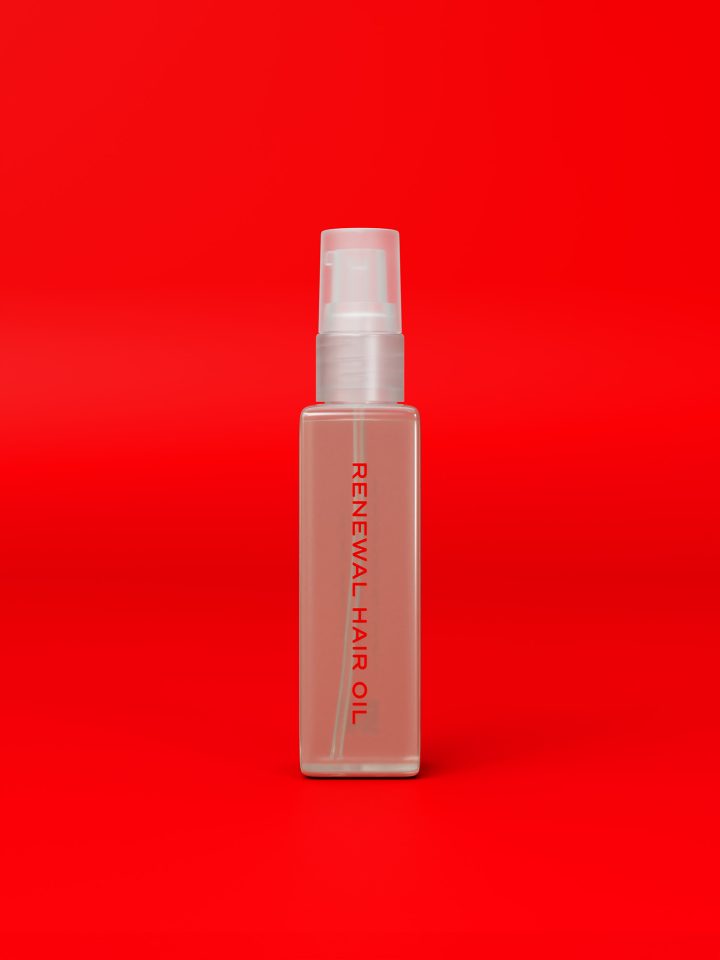
Renewal Hair Oil Nourishing & shine-giving hair oil 445,00 SEK - available on subscription from every 7 weeks
